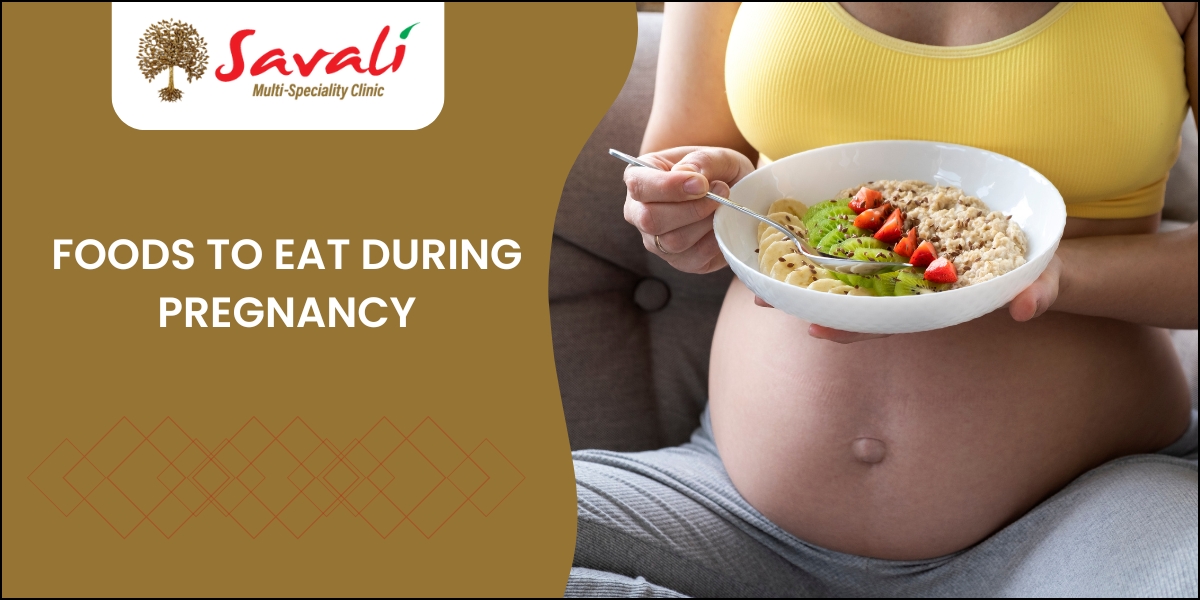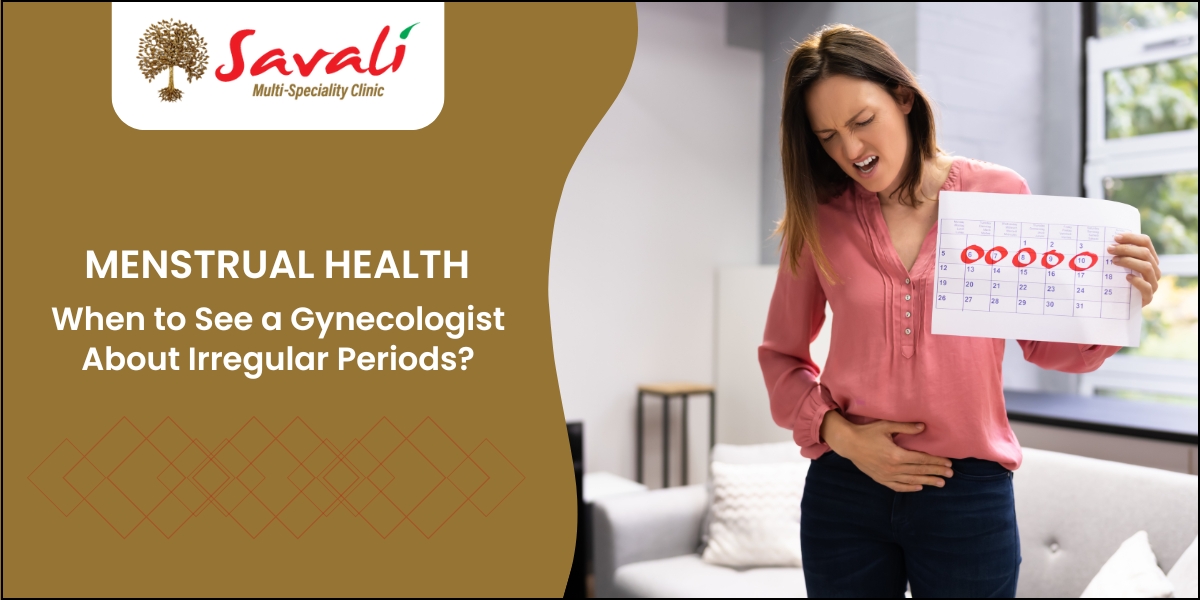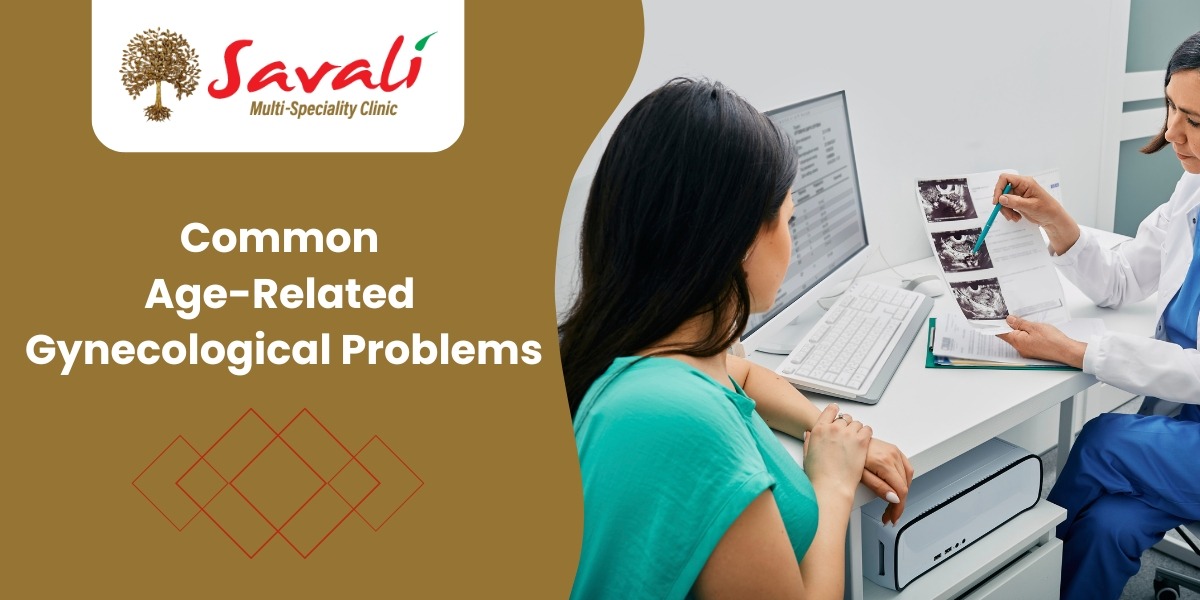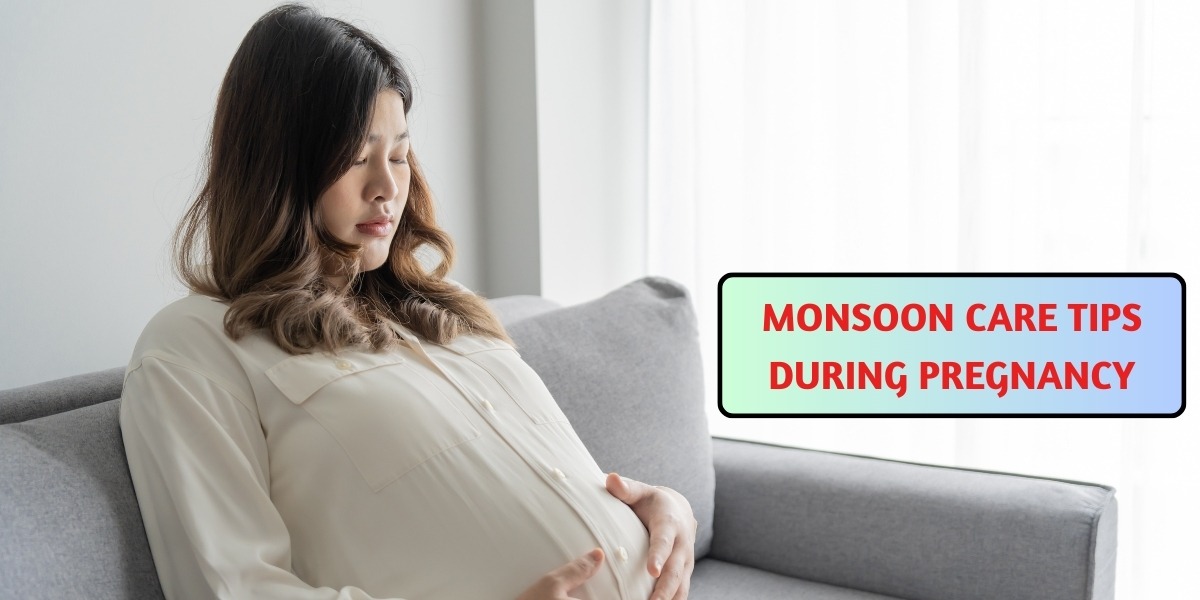Pregnancy is an extraordinary phase in a woman’s life, filled with excitement and anticipation. However, during the monsoon season, pregnant women face unique challenges due to the increased risk of infections, allergies, and other health concerns. It is crucial to adopt a proper care routine that ensures the safety of both mother and baby. Below are detailed monsoon care tips designed to help expectant mothers navigate this season with ease and confidence.
1. Stay Hydrated
Staying hydrated is essential throughout pregnancy, but during the monsoon, it becomes even more critical. The high humidity levels can lead to excessive sweating, which may cause dehydration. Drink at least 8-10 glasses of water every day to maintain a healthy balance of fluids. You can also include coconut water, fresh juices, and herbal teas in your diet to keep your hydration levels optimal.
Tip: Carry a water bottle at all times to remind yourself to drink regularly.
2. Consume Fresh, Home-Cooked Meals
Monsoon increases the risk of foodborne infections due to contamination of water and food. To avoid complications such as food poisoning or gastrointestinal infections, stick to freshly prepared, home-cooked meals. Avoid street food, uncooked vegetables, and fruits that are exposed to rainwater.
Tip: Wash fruits and vegetables thoroughly with clean water before consumption. It is safer to steam or cook vegetables during this season.
3. Boost Your Immunity
During pregnancy, a woman’s immune system naturally becomes suppressed to support the baby’s development. To prevent viral and bacterial infections that are prevalent during the monsoon, boost your immunity with the right nutrients. Incorporate Vitamin C-rich foods like citrus fruits, bell peppers, and leafy greens into your diet. Probiotics such as yogurt and fermented foods also help maintain a healthy gut.
Tip: Consider taking a prenatal vitamin after consulting your healthcare provider to ensure you are getting all the necessary nutrients.
4. Wear Comfortable Clothing
Monsoon weather can be unpredictable, with fluctuations between humidity and sudden downpours. Wear loose, breathable cotton clothing that keeps you comfortable and prevents skin rashes. Avoid synthetic fabrics that can trap moisture, leading to fungal infections.
Tip: Keep an extra set of clothes handy when stepping out to avoid sitting in damp clothes for long periods.
5. Maintain Proper Hygiene
Good hygiene practices are crucial during the monsoon to prevent infections. Wash your hands frequently with soap and clean water to reduce the risk of contracting gastrointestinal and respiratory infections. Pay extra attention to personal hygiene, especially after returning home from outdoors. Use antibacterial hand sanitizers when soap and water are not available.
Tip: Ensure that your surroundings are clean and dry to prevent the breeding of mosquitoes and other pests that carry diseases like malaria and dengue.
6. Exercise Safely Indoors
Maintaining an active lifestyle during pregnancy is important, but outdoor activities might not always be safe during the monsoon. Engage in indoor exercises such as yoga, stretching, and prenatal workouts that keep you fit without risking exposure to the elements. Avoid activities that can lead to slips and falls due to wet floors.
Tip: Consult your doctor before starting any new exercise routine, especially if you are in the later stages of pregnancy.
7. Protect Yourself from Mosquito Bites
The monsoon is synonymous with a spike in mosquito-borne diseases such as dengue, malaria, and chikungunya. Pregnant women are more vulnerable to these infections, which can pose serious health risks to both mother and baby. Use mosquito repellents, wear full-sleeved clothing, and ensure that all windows and doors are fitted with screens to keep mosquitoes out.
Tip: Consider using natural mosquito repellents like neem oil or eucalyptus oil, which are safer during pregnancy.
8. Prioritize Mental Health
Monsoon weather can often feel gloomy, leading to feelings of lethargy or even depression. It’s essential to take care of your mental health during this season. Engage in activities that boost your mood, such as reading, listening to calming music, or practicing meditation and mindfulness. Ensure that you get enough rest and spend quality time with your loved ones to maintain a positive state of mind.
Tip: Create a cozy and warm atmosphere at home with soothing fragrances and soft lighting to uplift your mood during rainy days.
9. Stay Indoors During Heavy Rains
During heavy rainfall, it is best to stay indoors to avoid the risk of accidents, infections, and sudden weather changes that could impact your health. If you must venture out, be cautious of slippery roads and ensure that you have an umbrella or raincoat with you. Opt for comfortable shoes with good grip to prevent falls.
Tip: If you experience any discomfort while traveling in the rain, do not hesitate to seek medical attention immediately.
10. Consult Your Doctor Regularly
Regular prenatal checkups are important during pregnancy, particularly during the monsoon when the risk of infections is higher. Ensure that you keep up with your appointments and consult your doctor if you notice any unusual symptoms such as fever, chills, or abdominal pain Visit you gynecologist.





